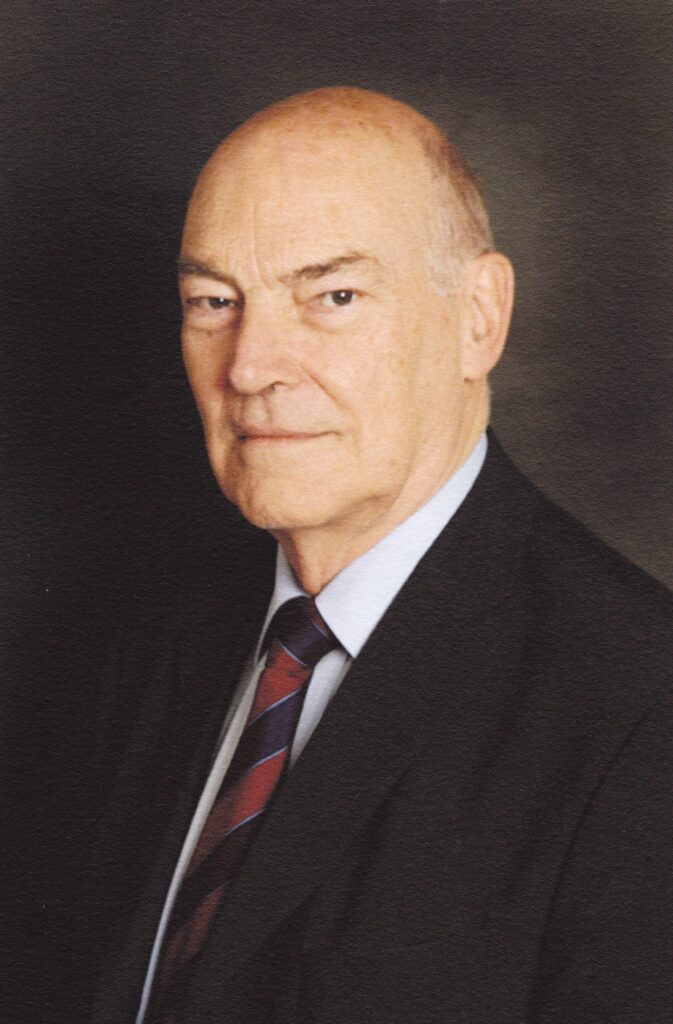
Douglas Cormack
Name: Douglas Cormack
Country: UK
What is your background?
Having obtained a 1st class Honours BSc and a PhD in Physical Chemistry from Glasgow University, I spent 2.5 years at Woodshole in Massachusetts. Thereafter, I joined the UK Scientific Civil Service at my recruitment grade of Senior Scientific Officer. Thereafter, I progressed through the grades to Chief Scientific Officer, including seven years in a HQ Policy Division before returning to my laboratory as its Deputy Director followed by Chief Scientific Officer as Director of that laboratory. I retired from there to undertake private sector consultancy work on environmental science.
I have written three books: Response To Oil and Chemical Marine Pollution (1983); Response to Marine Oil pollution (1999), an update of the former book and: The Rational Trinity; Imagination, Belief and Knowledge.
Since when and why are you interested in climate change?
I began to hear about climate change through my membership of the UK delegation to IMO. From the beginning, I judged this to be purely a matter of belief and its opponents simply to reply with counter-belief, neither side quoting any knowledge whatsoever.
How did your views on climate change evolve?
I have never believed in climate change. The weather has always been variable. Believers in anthropogenic global warming simply assume that it is due to our emissions of CO2 into the atmosphere without any consideration of what natural alternatives there might be for this warming.
Is climate change a big issue in your country and how do you notice this?
In the UK, climate change remains belief without any knowledge in support of it.
What would climate policy ideally look like in your view?
Climate change looks pretty much as it looks now. It needs to be shown to be natural without the need for any action on our part.
What is your motivation to sign the CLINTEL World Climate Declaration?
My motivation is to show my fellow signatories that there is no need to intervene by showing that humanity is not responsible for this variation.
What question did we forget?
Why have believers in anthropogenic global warming jumped to the conclusion that it is anthropogenic? Why not test the realism of anthropogenic in the face of other possible causes.
